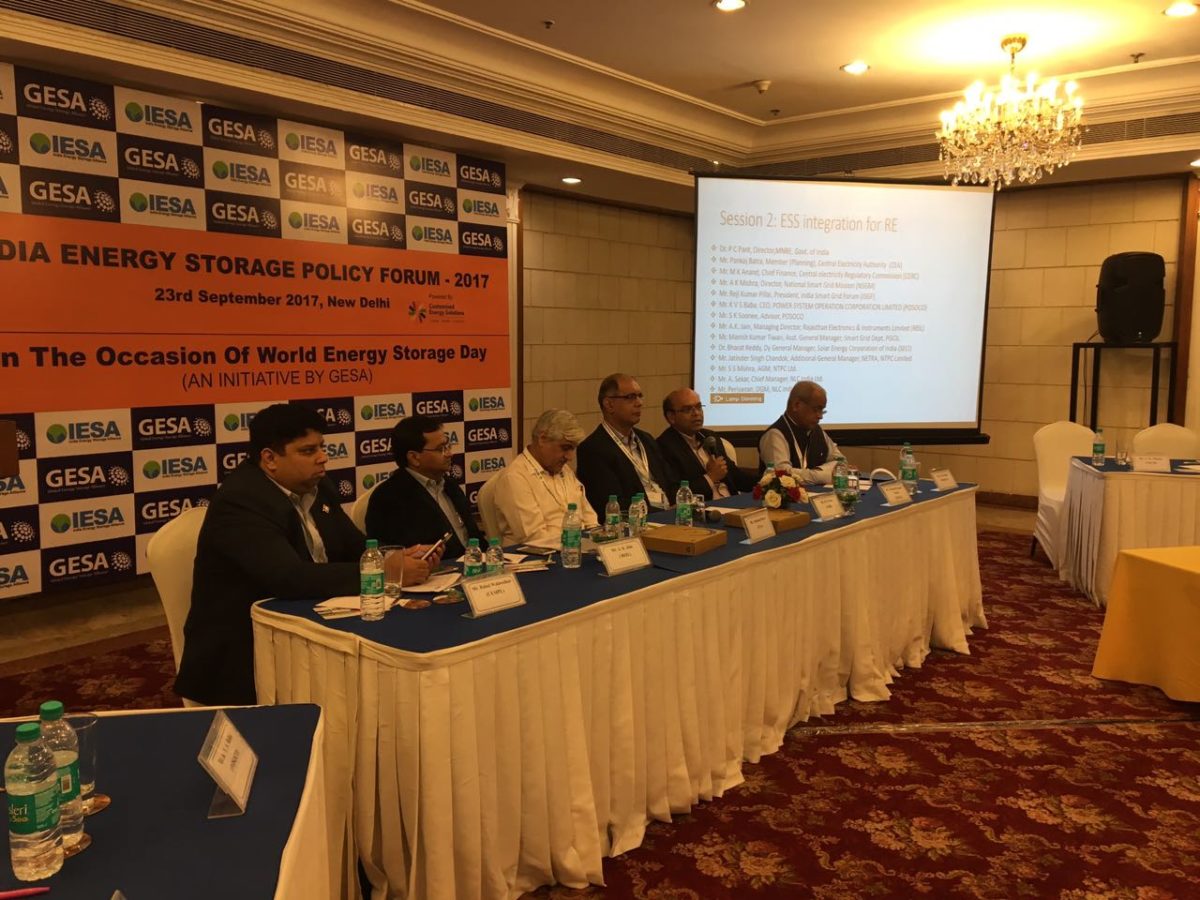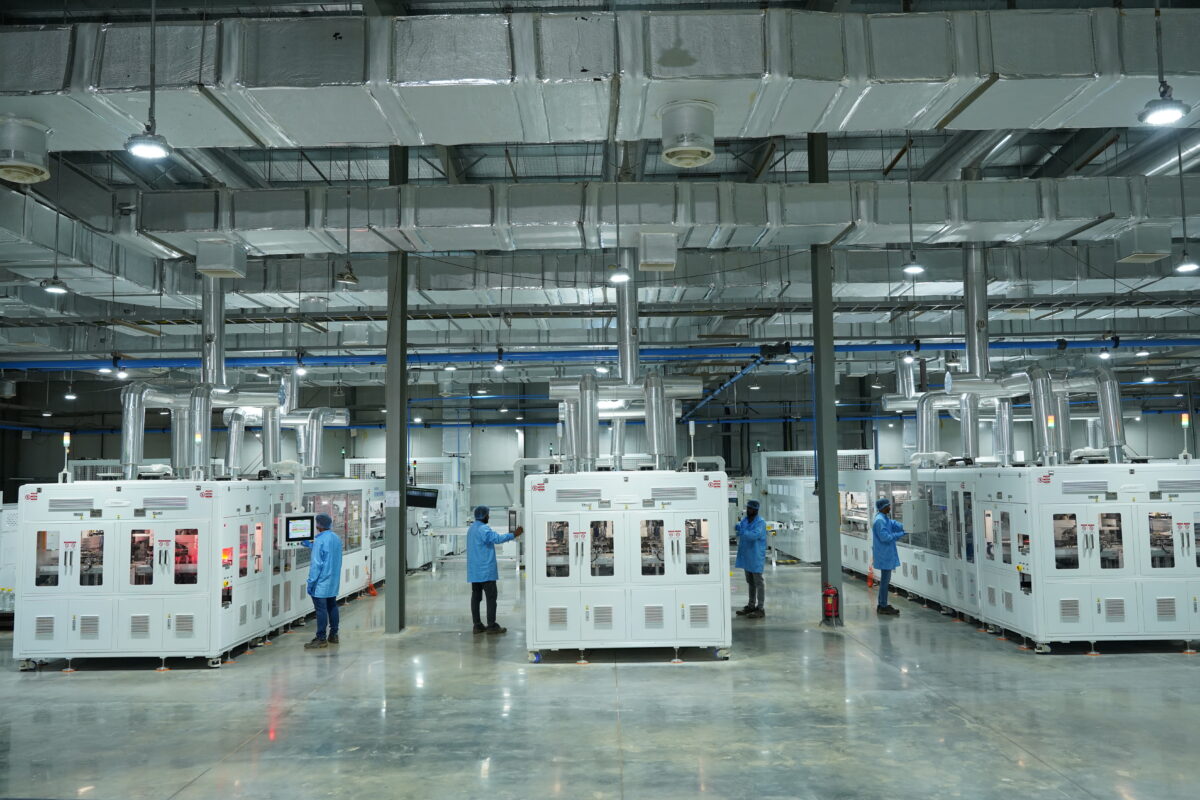At present, India’s energy storage sector has the faint rumblings of activity, with the announcement of 46 MW+ large scale projects in 2016 and, as of September, 56 MWh+ of projects announced in 2017. However, the government lacks the correct policy framework to properly promote the energy storage field, according to the Indian Energy Storage Association (IESA).
The IESA Forum was held on September 23 in Delhi, where major government bodies were represented, as well as associations within the renewables and energy storage sectors. Those in attendance pledged to accelerate the development of India’s energy storage market.
The first session touched upon electric vehicles (EVs) and the sector’s manufacturing potential in India compared to the rest of the world.
The Ministry of New and Renewable Energy (MNRE) addressed key queries concerning developing a technology-neutral approach for incentivizing manufacturing and EVs. In support, Indian public-sector companies like BHEL, NTPC and Energy Efficiency Services Ltd (EESL) have outlined their objectives to develop energy storage manufacturing and EV infrastructure.
The representatives from private firms stressed that there are current gaps in policies and regulations that obstruct India’s transition towards an all-electric transportation fleet by 2030. They added that there is a lack of policy certainty from the government.
The second session witnessed an intense discussion on policy frameworks, requirements and achievements so far in the energy storage sector.
Talking about the government’s initiatives in this sector, MNRE presented its work over the years, ranging from off-grid, micro-grid systems to large scale energy storage proposals like the ‘Greening the Islands’ initiative for Andaman & Nicobar. In addition, the Power Grid Corporation said that it is operating its pilot ESS projects for grid services in Puducherry, said Manish Kumar Tiwari, Director, PGCIL, India.
According to the Power System Operation Corporation (POSOCO), there should be a regulation to seek rapid ancillary services through a market mechanism for which energy storage could be an ideal option, while stressing the opportunities in ESS.
Again, the public-sector representatives focused on the establishment of stringent qualification and Operation & Maintenance (O&M) criteria to select bidders for energy storage projects, which have recently been tendered.
Dr Rahul Walawalkar, ED, IESA, concluded the sessions by stressing that India’s time to foray into manufacturing of energy storage and EVs has now come, and any further delays would leave India behind on the global scene. He also emphasized that PGCIL, POSOCO and other state utilities should lead the way in the implementation of energy storage for ancillary services through appropriate regulations.
In conclusion, the deliberations from the two sessions has reaffirmed the attempts taken by the industry and government agencies to attain a level playing field in the market through appropriate policies and regulations. This, the forum attendees hoped, will enable large scale manufacturing and deployment of batteries, energy storage systems and electric vehicles.
This content is protected by copyright and may not be reused. If you want to cooperate with us and would like to reuse some of our content, please contact: editors@pv-magazine.com.








By submitting this form you agree to pv magazine using your data for the purposes of publishing your comment.
Your personal data will only be disclosed or otherwise transmitted to third parties for the purposes of spam filtering or if this is necessary for technical maintenance of the website. Any other transfer to third parties will not take place unless this is justified on the basis of applicable data protection regulations or if pv magazine is legally obliged to do so.
You may revoke this consent at any time with effect for the future, in which case your personal data will be deleted immediately. Otherwise, your data will be deleted if pv magazine has processed your request or the purpose of data storage is fulfilled.
Further information on data privacy can be found in our Data Protection Policy.